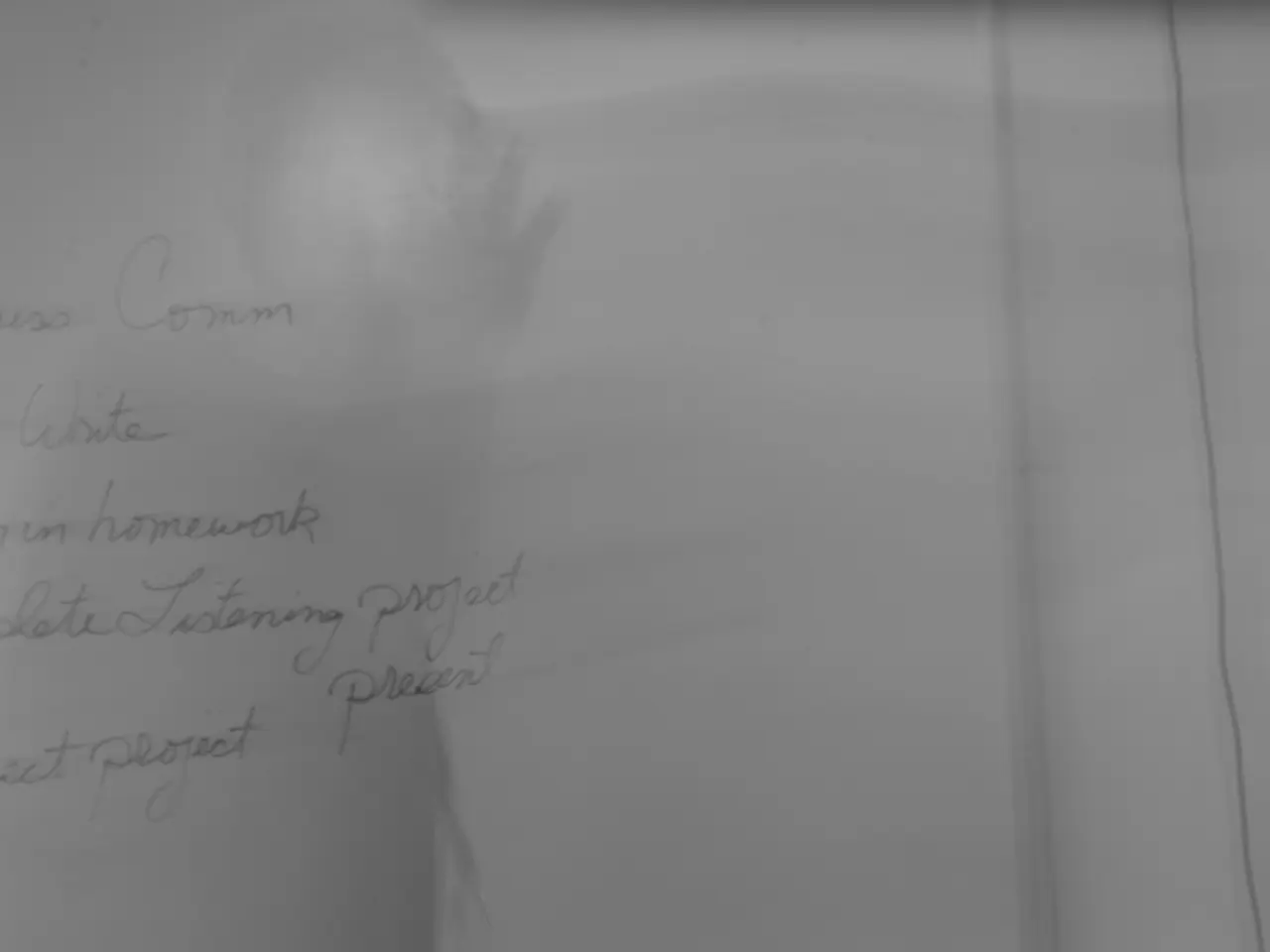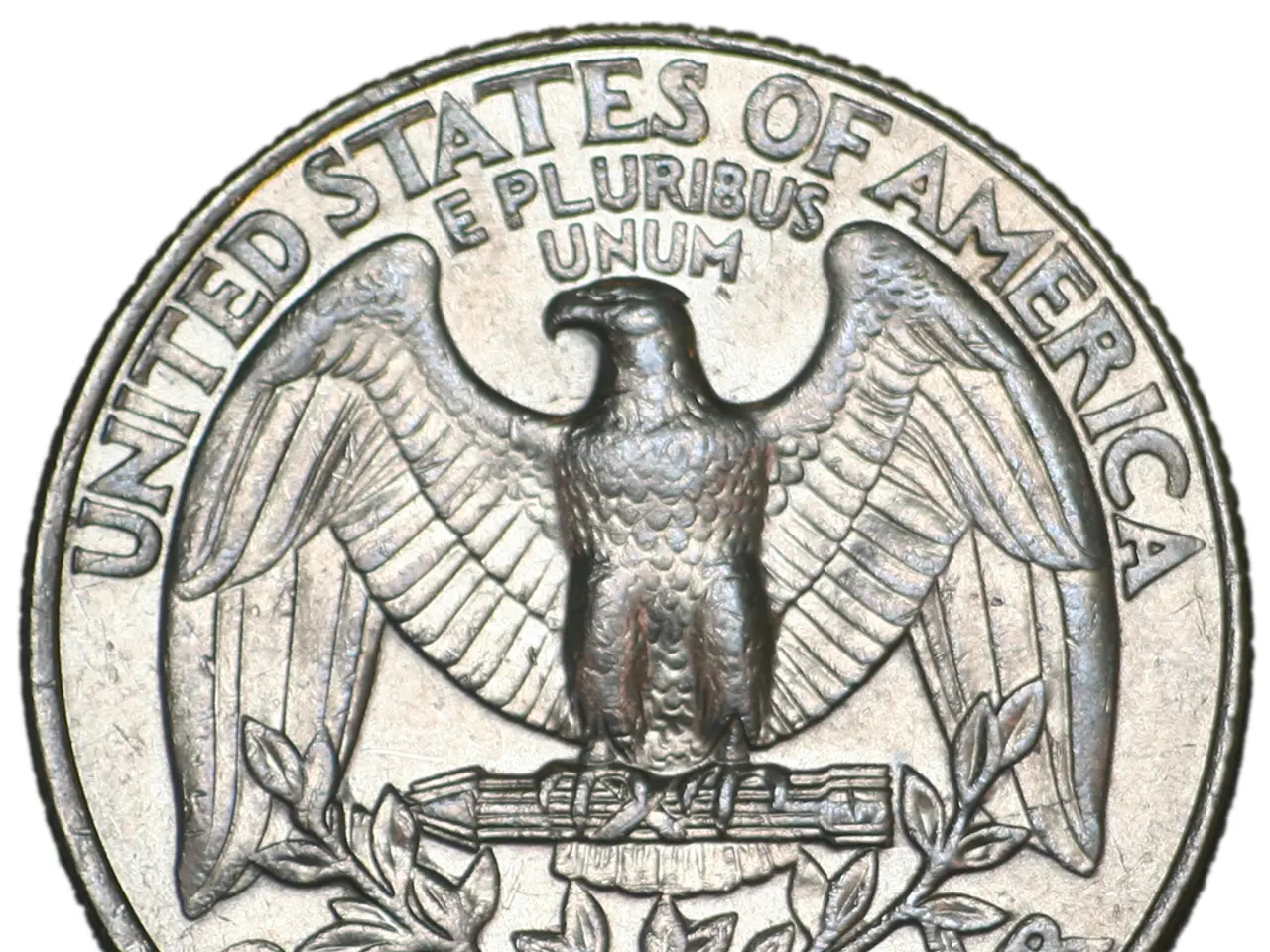Increase in Taxes Failing to Achieve Expected Outcomes in the Netherlands, According to VNLOK
The Netherlands, in an attempt to boost government revenue, increased the gambling tax rate to a staggering 34.2% earlier this year. However, new reports suggest that the move may have backfired, leading to a significant drop in revenue and a surge in illegal gambling activities.
According to data for 2024 and early 2025, the tax hike has resulted in a €200 million shortfall in government tax revenue, a stark contrast to the initial expectations. This shortfall is largely due to a 25% drop in gross gambling revenue (GGR) in the first half of 2025, indicating a decline in player activity under the higher tax burden.
The higher tax rate seems to have encouraged a shift towards unlicensed or non-CRUKS bookmakers. These operators, not subject to the same tax increases, offer more attractive odds or promotions, enticing players to seek alternatives to heavily taxed licensed operators. This situation points to an increase in illegal or at least unlicensed gambling activity.
VNLOK, a Dutch trade group in the gambling industry, has expressed doubt about the effectiveness of these recent government measures. The organisation argues that the higher tax rate has not made the industry more competitive and has urged the government to take action to ensure the gambling industry is back on the right track.
VNLOK has emphasised the importance of addressing the illegal gambling market, as half of the total gambling spending is flowing offshore to unregulated websites. The Netherlands is now looking to restrict the offshore market's access, aiming to curb the flow of funds to these unregulated platforms.
In a statement, VNLOK predicted a serious negative impact on the collectible tax revenue from the gambling industry due to the current measures. The organisation has called for an immediate investigation into the impact of the current measures and has suggested freezing the tax rate at 34.2%.
The Dutch government is also cracking down on illegal gambling promotions, further emphasising its commitment to regulating the industry. Despite these efforts, a lot of gambling continues to be channeled into offshore activities, posing a significant challenge for the authorities.
In conclusion, the 34.2% gambling tax increase has led to a significant revenue shortfall and a decline in player activity. The higher tax has encouraged a shift towards illegal or unlicensed gambling platforms, potentially fueling the illegal gambling market. VNLOK has urged the government to address these issues and take steps to ensure the gambling industry is back on the right track.
- The surge in illegal gambling activities, as a result of the higher gambling tax, could potentially challenge the Dutch government's efforts to regulate and tax the casino-and-gambling industry, as half of the total gambling spending is flowing offshore to unregulated websites.
- The gambling trends in 2024 and early 2025 suggest that the finance sector's expectation of increased tax revenue from the gambling industry, following the tax hike, may not be realized, as the drop in gross gambling revenue indicates a decline in player activity due to the tax burden, leading to a significant shortfall in government revenue.




